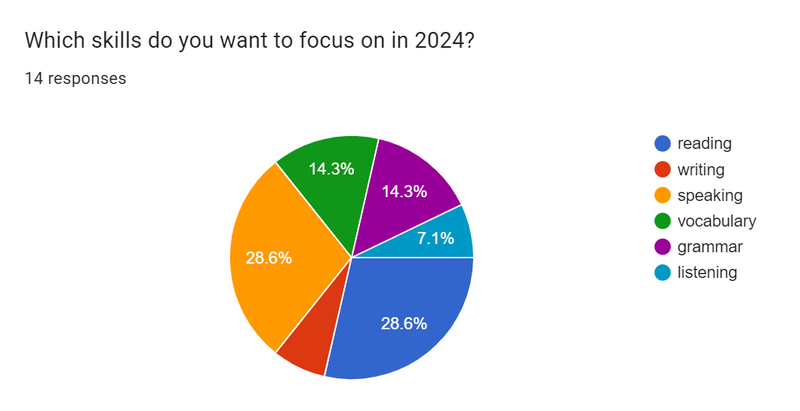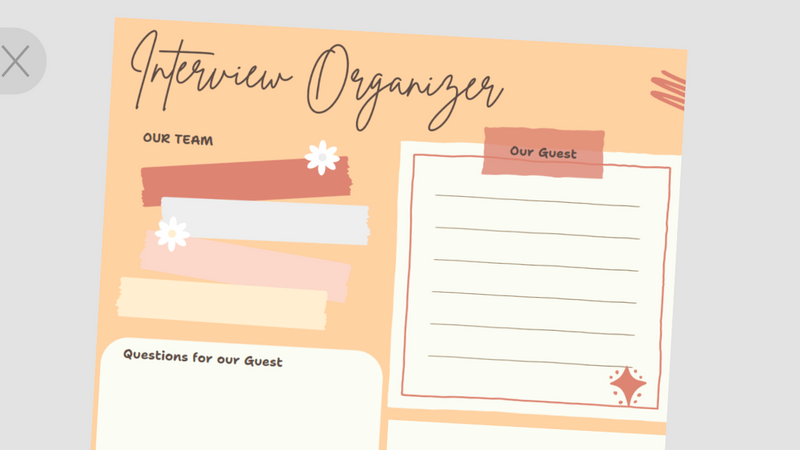Sep 28, 2024
English Language Matters: English Clubs in schools
One of the contradictions of English language education in schools is the rigidity of the test-driven curriculum and often unstructured enrichment activities. The former has, for all its problems, clear-cut objectives, namely getting students into universities. The latter are valuable learning opportunities requiring a bit of planning.
High school English club
At the private high school I teach at, I lead the English Speaking Society, an afterschool club activity. I have to be honest here. The last thing I want to do at the end of a day of teaching, assessment, and planning is teach yet another lesson. Never mind a one-room schoolhouse - the members are all levels and different grades. I have to plan something achievable, interesting, and fun. Even better, something that the members can take pride in and is good for school PR.

A screenshot of the Google Form questionnaire results
To get started, I surveyed the English club members in a questionnaire using Google Forms. The questionnaire asked them about their English levels, interests, and goals. Reading, speaking, and meeting people who use English are high priorities for the members who range from basic to near-native to polyglot!
The English club recommends…
Google Maps reviews are invaluable, but even better are the place reviews here on City Cost. It’s great to read about our correspondents’ experiences. I showed the members a few and gave them a simple organizer and instructions. Review a place within a 30-minute trip from home by train, car, bike, or on foot with the location, description, and your impression.
The compositions are in manageable bits totalling about 100 words. We’ll display them on a noticeboard which provides them with easy reading and community connections. They’ll also compile them for our next newspaper distributed to all classes.
Talking to real people
To get the members talking to people, I adapted the KWL reading strategy - what do students know, want to know, and learn from course contents. Our school hosts exchange students who will be the sources of "content". The club members in groups are writing letters to invite the exchange students, each from a different country, to come give talks.

Original material I made with Canva
To get ready for the talk, they are researching the exchange students’ countries - that’s the “know” part. They’re formulating sets of questions about things they “want to know”. After they interact with the exchange students, their reports are the “learn” part. The reports go on display and appear in our newspaper, too.
See the previous posts in this series - English Language Matters: Teaching Pronunciation and English Language Matters: the “weird” lack of practical in Japan’s academia.



0 Comments